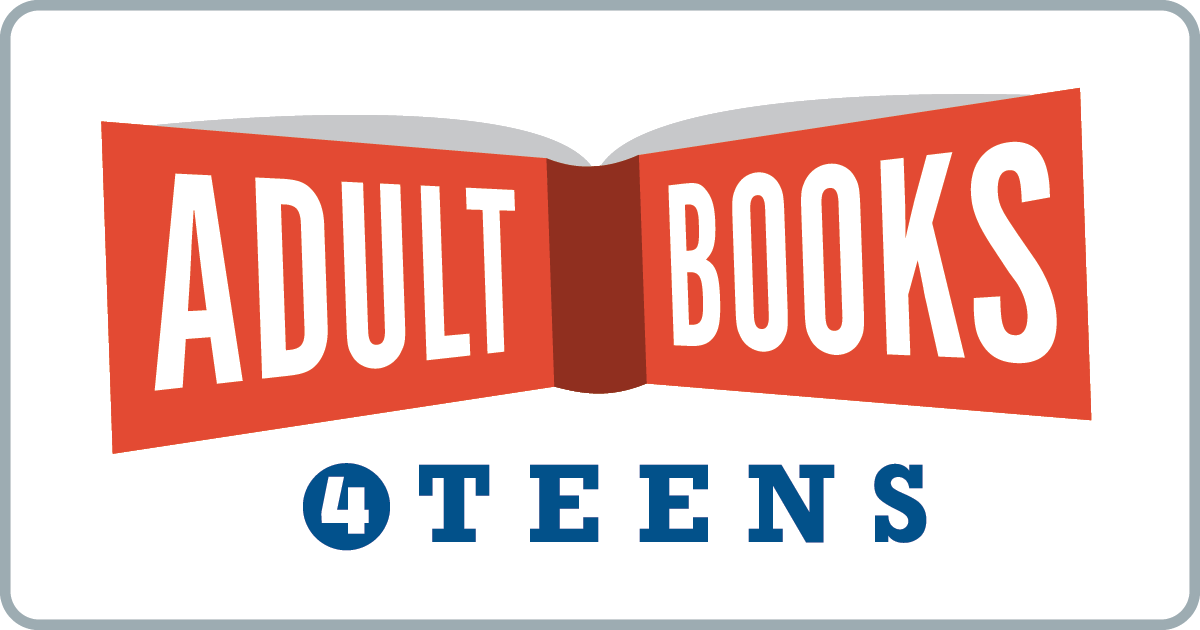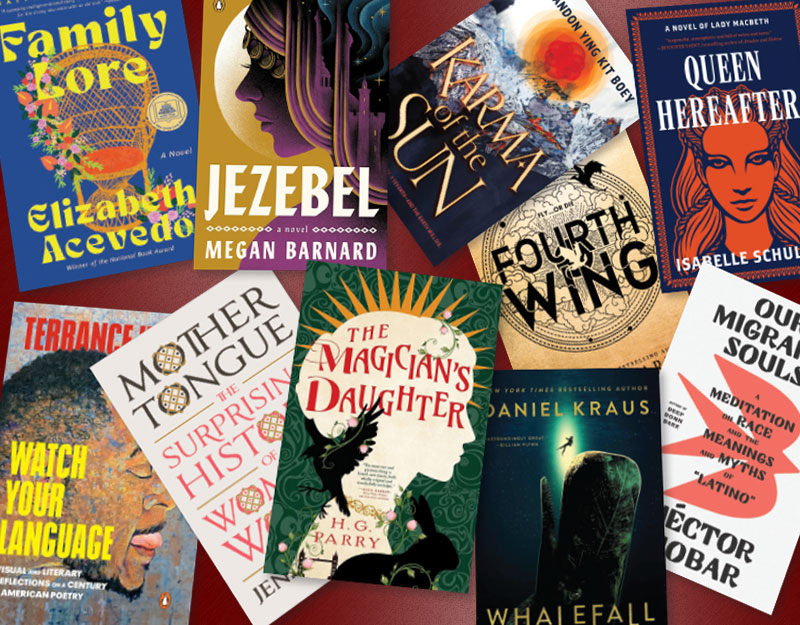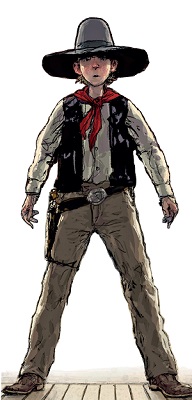SCROLL DOWN TO READ THE POST
Phone Phreaks and Intellectual Property
On January 11, a young computer programmer and internet activist named Aaron Swartz was found dead of an apparent suicide. For those not familiar with him, Swartz, just 26 at his death, was involved in a huge array of groundbreaking information tools, such as RSS (which he helped design), Reddit, the Open Library, and the Creative Commons. As this list should make clear, he was firmly in the camp of those who believe (like most librarians) that information should be free. At the time of his death, he was under prosecution for having allegedly illegally downloaded millions of academic journals from JSTOR, apparently with the intent to make them freely available, and it is widely assumed that his suicide resulted at least in part from his prosecution for this crime.*
I’m not a lawyer and I don’t intend to make any argument about the merits of the legal case against Swartz (nor do I know enough of the facts at any rate), but I the reason I bring him up is that his story is an echo of a struggle that has happened over and over again in the history of technology and intellectual property, and one with which librarians are intimately familiar–the continuing debate over how much control rights-owners should have over their work. One such story is that of the Phone Phreaks, the subject of today’s book review, Exploding the Phone by Phil Lapsley. Rather than summarize the book, I’ll just drop my review in right here:
ADVERTISEMENT
ADVERTISEMENT
LAPSLEY, Phil. Exploding the Phone: The Untold Story of the Teenagers and Outlaws Who Hacked Ma Bell. 416p. index. notes. Grove. Feb. 2013. Tr $25. ISBN 978-0-8021-2061-8. LC 2012041240.
 Adult/High School–In 1955, when AT&T was essentially the only phone company in America, a teenager in Knoxville, TN discovered that if he played a certain tone into his telephone at the right moment he could have virtually unlimited access to AT&T’s phone network, including the ability to place free long-distance calls. It was a bug that was rediscovered again and again by techie teens over the next 20 years, teens who eventually became known as “phone phreaks.” In almost every case their motivation was essentially curiosity–they very rarely had real calls to make; rather, they were interested in how the phone system worked and what they could do with it, much like the majority of computer hackers of today. Nevertheless, as AT&T became aware of the increasing numbers of phone phreaks, phreaking slowly shifted from a fun, harmless hobby into a torturous cat-and-mouse game with AT&T, often ending in prosecutions and jail time. Lapsley more than ably conveys the nuances of this fascinating slice of technological history, even if he sometimes lapses into a too-cute phrase or two. And his enlightening new interviews with most of the major phreaks as well as AT&T security officers form one of the most significant levels of his tremendous research. Fans of Brian Falkner’s Brain Jack (Random, 2009), Ernest Cline’s Ready Player One (Crown 2011), and other hacker tales, along with anyone who’s ever tried to liberate their iPhone, should be fascinated even before Steve Jobs and Steve Wozniak show up to bridge the transition from phone phreaks to computer geeks.–Mark Flowers, John F. Kennedy Library, Vallejo, CA
Adult/High School–In 1955, when AT&T was essentially the only phone company in America, a teenager in Knoxville, TN discovered that if he played a certain tone into his telephone at the right moment he could have virtually unlimited access to AT&T’s phone network, including the ability to place free long-distance calls. It was a bug that was rediscovered again and again by techie teens over the next 20 years, teens who eventually became known as “phone phreaks.” In almost every case their motivation was essentially curiosity–they very rarely had real calls to make; rather, they were interested in how the phone system worked and what they could do with it, much like the majority of computer hackers of today. Nevertheless, as AT&T became aware of the increasing numbers of phone phreaks, phreaking slowly shifted from a fun, harmless hobby into a torturous cat-and-mouse game with AT&T, often ending in prosecutions and jail time. Lapsley more than ably conveys the nuances of this fascinating slice of technological history, even if he sometimes lapses into a too-cute phrase or two. And his enlightening new interviews with most of the major phreaks as well as AT&T security officers form one of the most significant levels of his tremendous research. Fans of Brian Falkner’s Brain Jack (Random, 2009), Ernest Cline’s Ready Player One (Crown 2011), and other hacker tales, along with anyone who’s ever tried to liberate their iPhone, should be fascinated even before Steve Jobs and Steve Wozniak show up to bridge the transition from phone phreaks to computer geeks.–Mark Flowers, John F. Kennedy Library, Vallejo, CA
What aligns these young men and women with Swartz, aside from their technological savvy, is that almost to a person, as I mention above, they were free of financial motivations. Lapsley again and again quotes phone phreaks stating that they didn’t even know anyone outside of their local phone service to call. They made their free long distance calls out of simple curiosity and a desire for knowledge. And yet AT&T, after some initial indulgence, came down on them like a hammer–bringing in federal investigators and constantly sure that they were going to lose piles of money.
In his tremendous book Copyright’s Paradox (Oxford, 2010), Neil Weinstock Netanel shows how the system of Intellectual Property laws in America has become increasingly perverse and increasingly beholden to copyright and patent holders, rather than the public who may wish to use a copyrighted or patented property for entirely non-financial purposes, as was the case with both Swartz and the phone phreaks (for a humorous–but still entirely true look at how IP has come to work, look at this article on Cracked.com). Again, I don’t want to argue about the intricacies of fair use laws in this space, or even take a specific position beyond a general endorsement of the ALA Bill of Rights, but the point is not so much what is a crime, as what should and should not be a crime, as this slate.com article argues.
Beyond issues of fair use, the story of the phone phreaks is bracketed by two incredible ironies regarding intellectual property. First, the intellectual property holder with which they were contending, AT&T, was based on the original telephone patents of Alexander Graham Bell. As any teen who has read Stephanie Perkins’s Lola and the Boy Next Door (Dutton, 2011) knows, Bell’s right to the patent on the telephone has been from the very beginning a controversial issue, to say the least (Lapsley largely stays out of the argument, but many people believe that Bell outright stole the ideas of Elisha Gray – see this article for the basics). So that a company (a federally-backed monopoly no less) based on possibly stolen patents broughts lawsuits against teenagers for their intellectual curiosity seems morally dubious at best.
The second irony–which, again Lapsley does not pursue–is that, as the title to this excerpt from the book (reprinted in Salon.com) makes clear, the phone phreaks were in large part responsible for Apple Computers. Jobs and Wozniak were late-comers to the phreaking community, but they have all but stated outright that if it hadn’t been for phreaking there would never have been an Apple. This is ironic of course since if there has ever been a company more jealous of its intellectual property and less concerned with consumer choice than AT&T, it is Apple. Indeed, as I said in my review above, the true heirs of the phone phreaks are not Jobs and Woz but the hackers out there coming up with new and better ways of liberating their iPhones and exploiting weaknesses in Apple’s code.
To bring this all back around to the purpose of this blog–teens–Lapsley’s book–and indeed Netanel’s for the stout of heart–are essential reading for teens today, because today’s teens find themselves in a very interesting position. Not only are the usual bromides true- teens are our future, teens are idealists, etc.–but this generation of teens is living through a very critical moment when, because of people like Aaron Swartz, and the variety of new technological means of reproducing intellectual, there may actually be a chance to reimagine the struggle between end-users and intellectual property holders in the near future. If you want teens to have a chance of having a voice in this debate, get this book in their hands.
*I’ve summarized the above from a variety of sources: http://en.wikipedia.org/wiki/Aaron_Swartz
http://www.rollingstone.com/politics/news/why-did-the-justice-system-target-aaron-swartz-20130123
http://www.newrepublic.com/article/112418/aaron-swartz-suicide-why-he-broke-jstor-and-mit
Filed under: Nonfiction
About Mark Flowers
Mark Flowers is the Young Adult Librarian at the John F. Kennedy Library in Vallejo, CA. He reviews for a variety of library journals and blogs and recently contributed a chapter to The Complete Summer Reading Program Manual: From Planning to Evaluation (YALSA, 2012). Contact him via Twitter @droogmark
ADVERTISEMENT
SLJ Blog Network
One Star Review, Guess Who? (#202)
This Q&A is Going Exactly As Planned: A Talk with Tao Nyeu About Her Latest Book
More Geronimo Stilton Graphic Novels Coming from Papercutz | News
Take Five: LGBTQIA+ Middle Grade Novels
The Classroom Bookshelf is Moving
ADVERTISEMENT
ADVERTISEMENT







